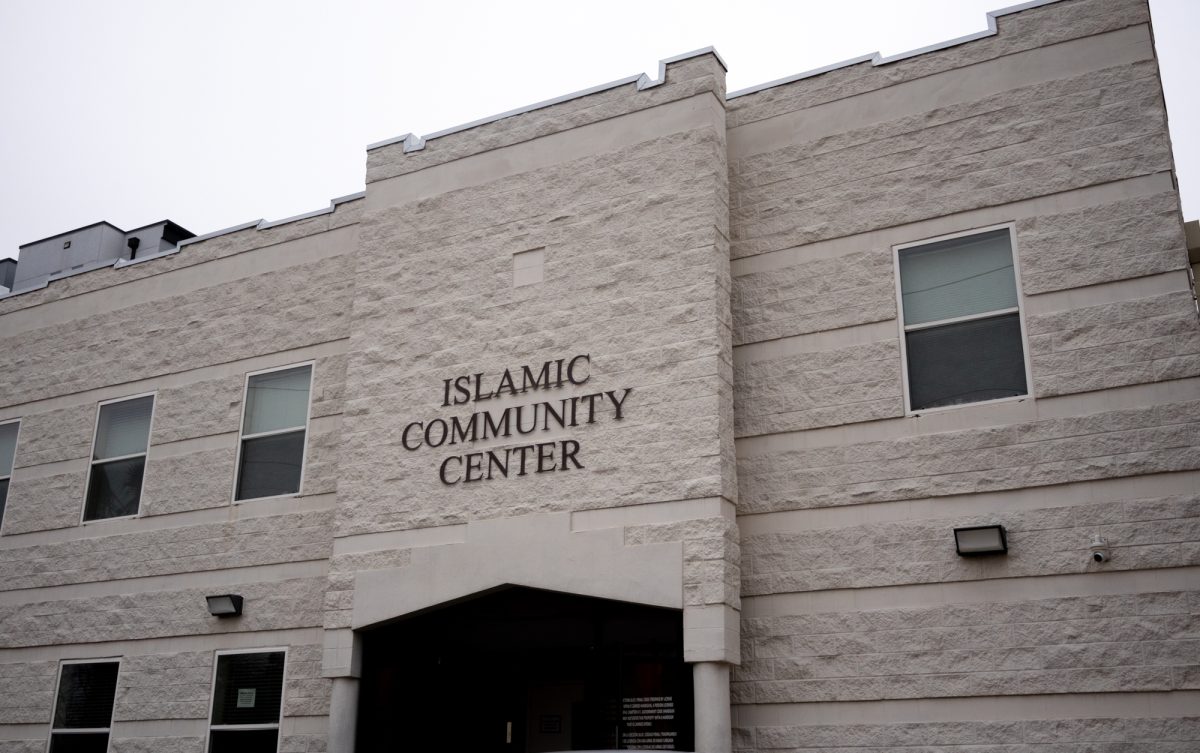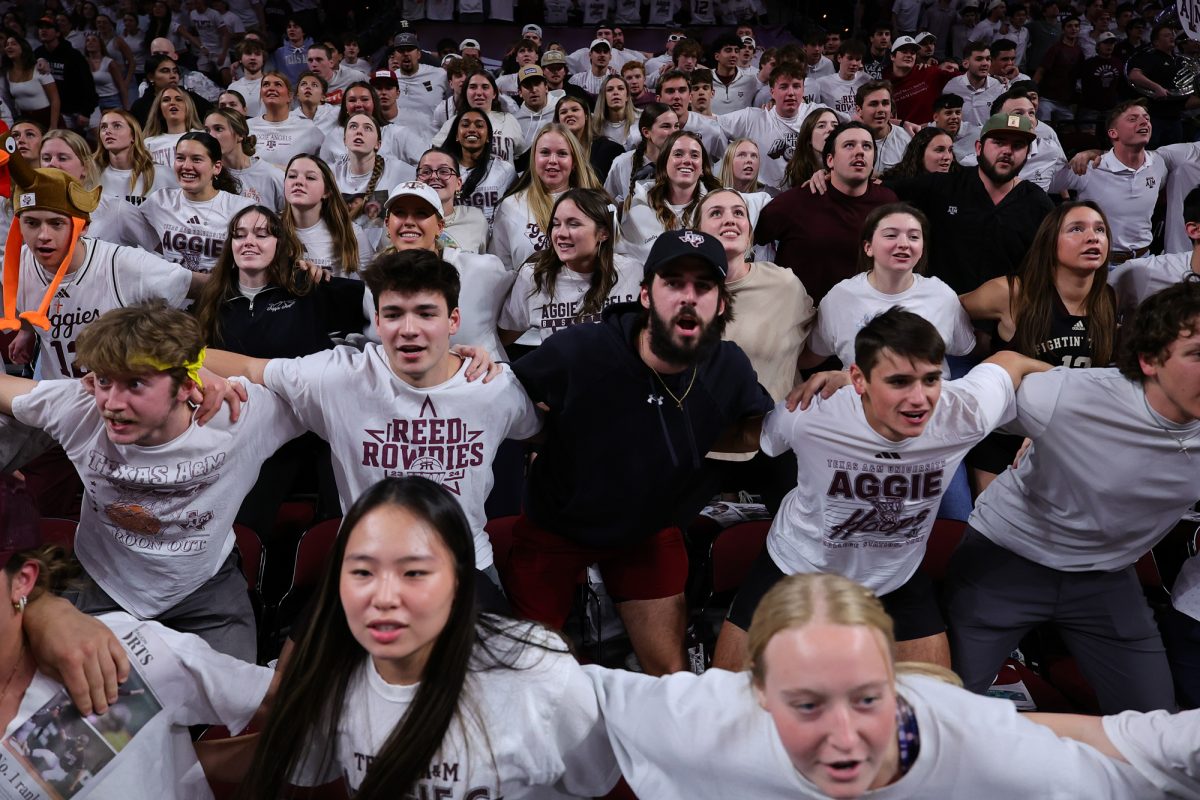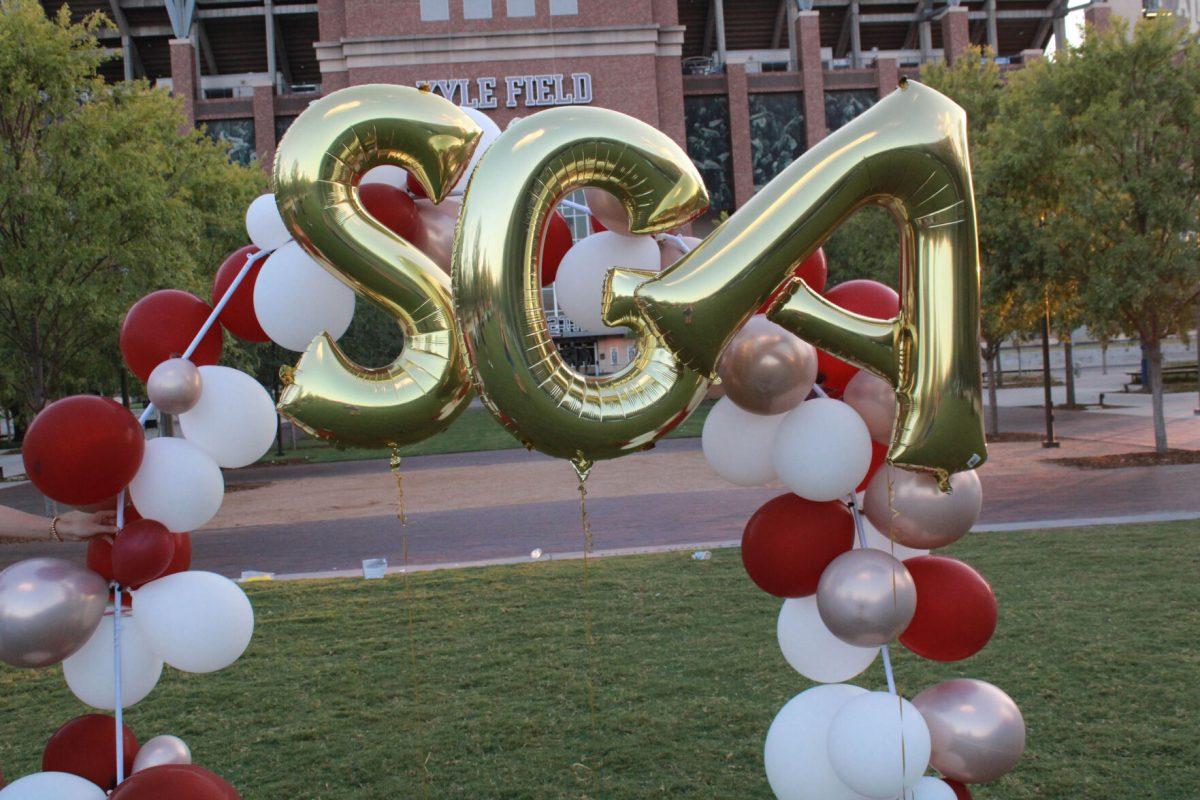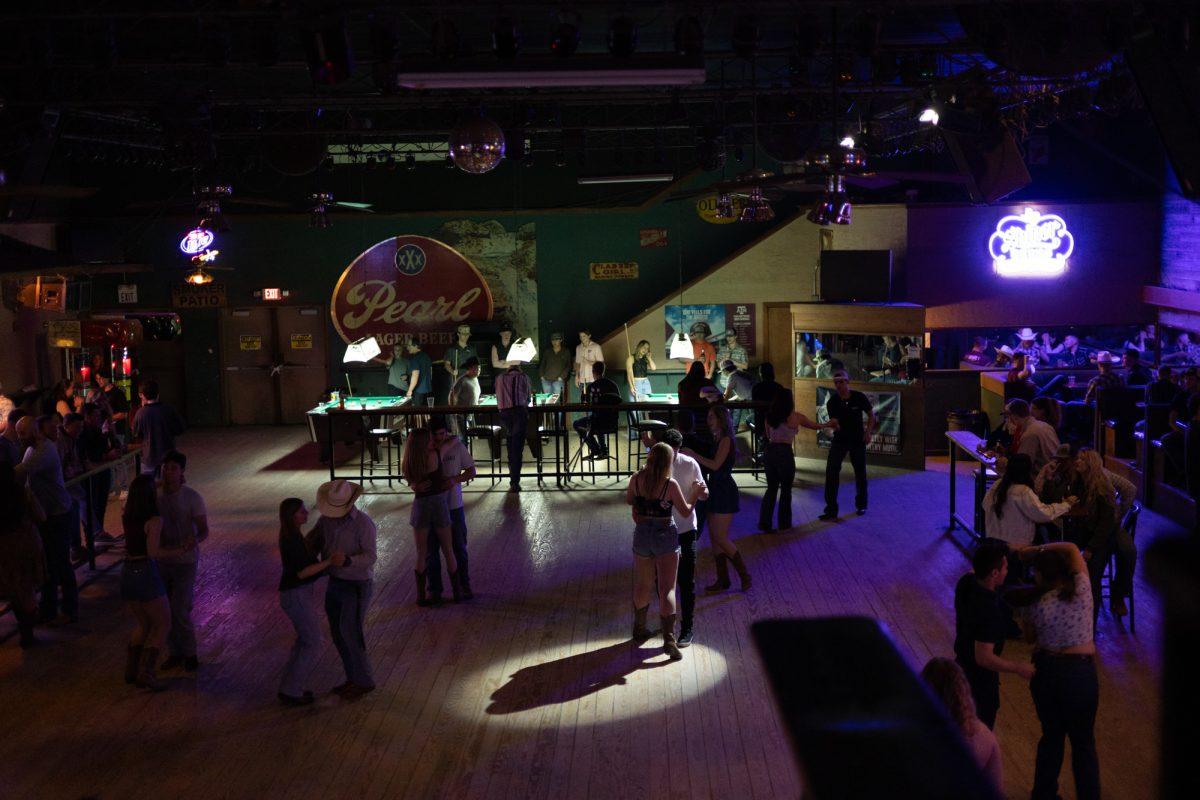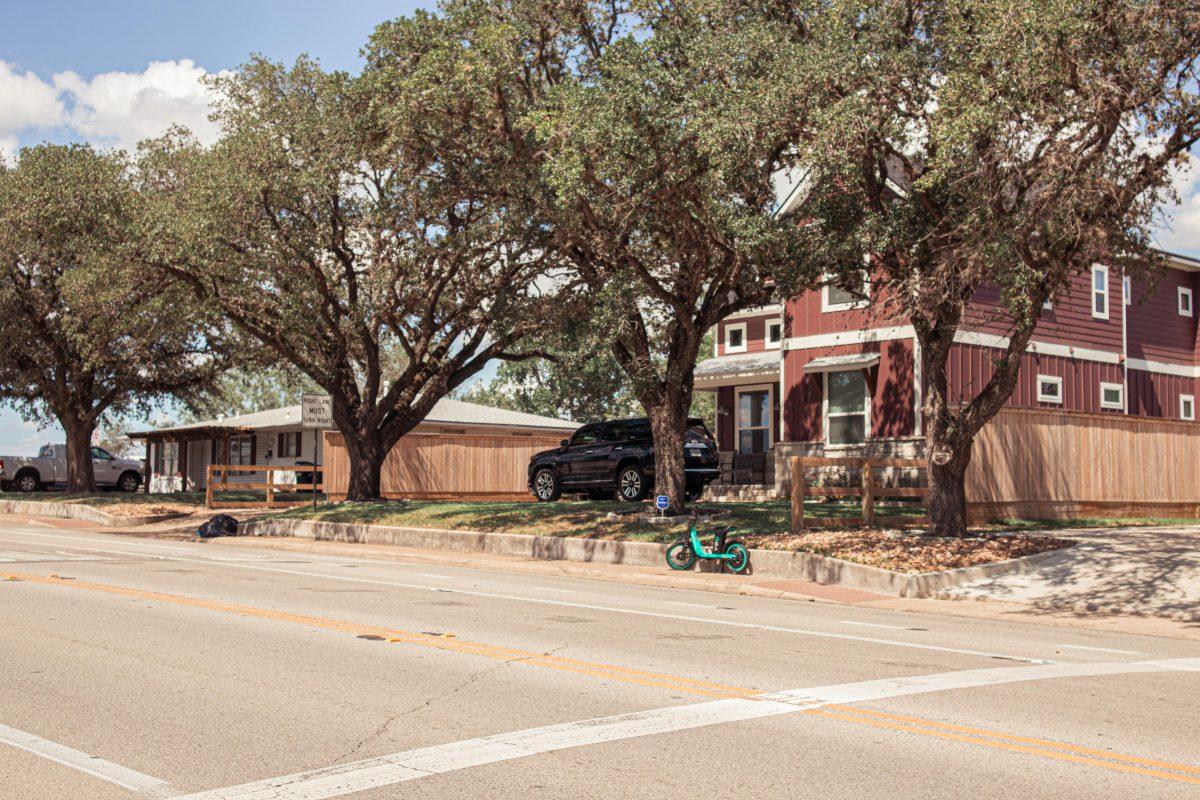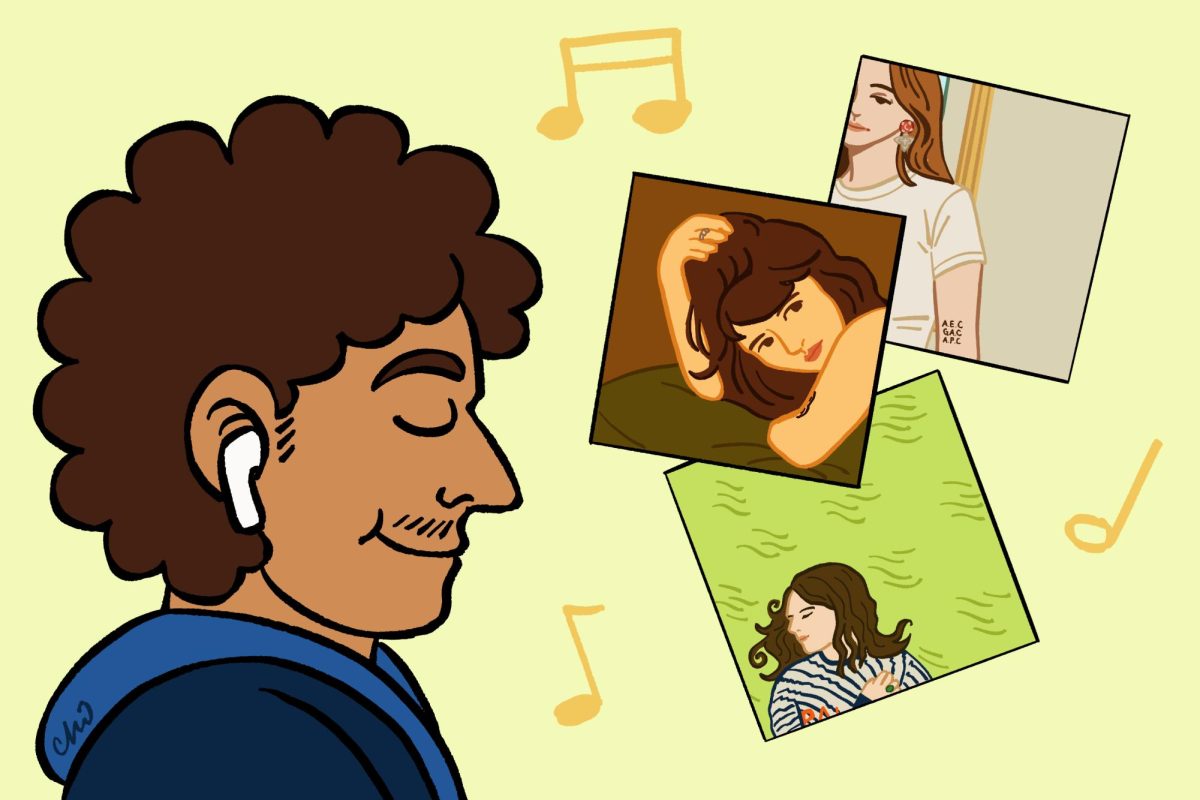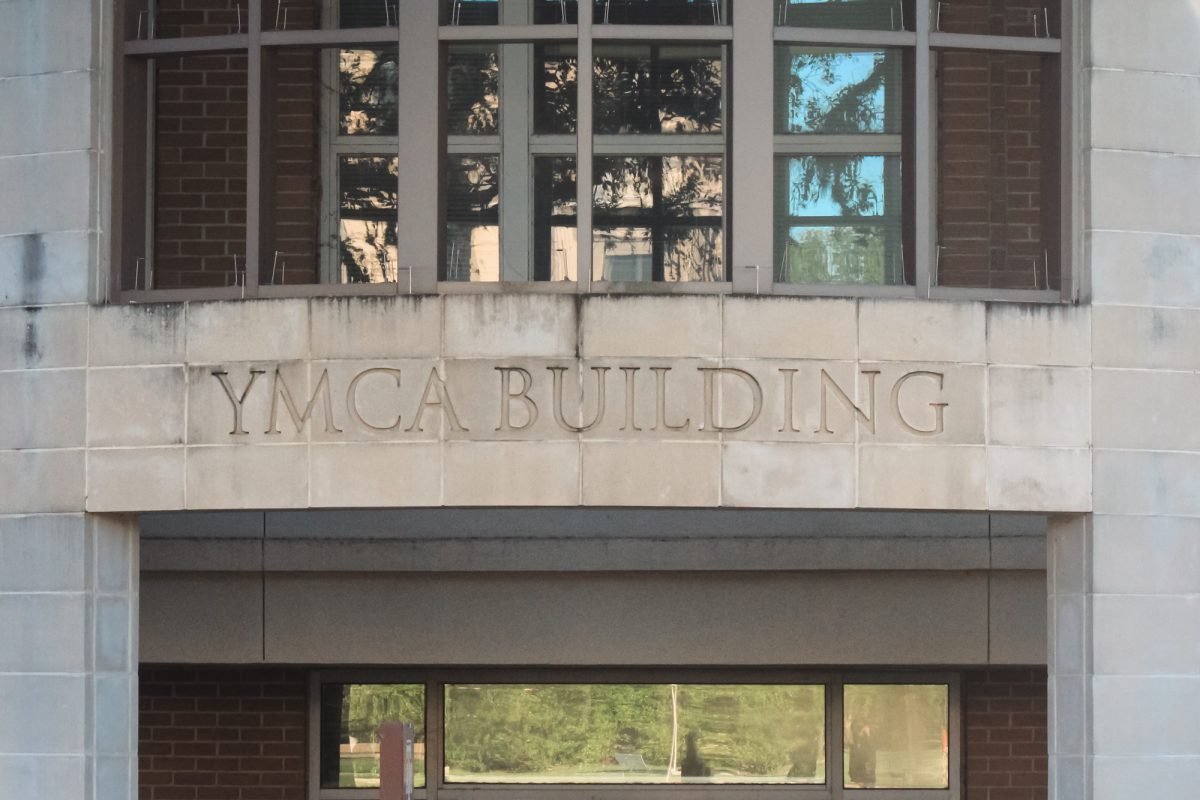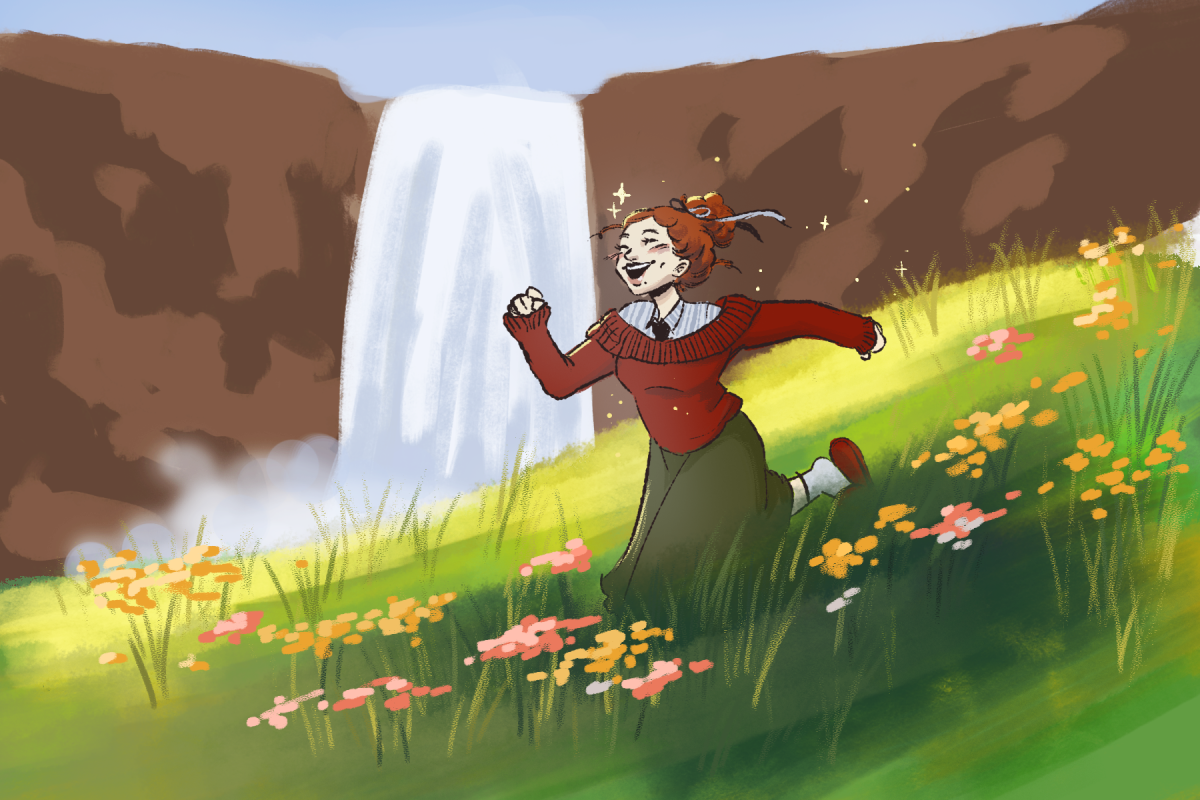After the popularity of my last article in The Battalion about Breakaway, I knew I wanted to contribute again to share some more experiences as an outsider while at Texas A&M. This time, though, I wanted to shed light on a segment of our university that I, a Hindu-origin atheist, have often been presumed to be a part of: the Islamic community.
Most likely due to my skin color, there have been countless times that I was presumed to be a Muslim and these perhaps innocent mistakes have led to both positive and negative outcomes. Despite this, like probably most Americans of non-Islamic background, I really had no knowledge of what it meant “to be a Muslim” besides what is often portrayed in Western media — which we can all agree is usually less than flattering. Therefore, I determined to do better by learning more about this major group that exists both on this campus and in the world.
The first person I contacted was a close friend, Hashim Amir. Though I knew he was very active as an officer in the Muslim Student Association, or MSA, I had never sought to find out more and discover more about his identity. His help in navigating this journey was so impactful that I wanted to make him a part of your journey while reading this article; as such, you will be able to hear from a true insider through commentary by him.
In contrast to my experiences with the Aggie Christian community where my first taste was the zeal of Breakaway, my initial steps into the College Station Islamic Community Center mosque could only be described as tranquil. Taking off our shoes as if to deaden even those noises that could occur from the bottom of our feet, Hashim led me to the bathroom to cleanse my extremities.
He explained that “the purpose of washing [ourselves] before [we] enter the prayer room of the mosque is to purify and clean [ourselves]. Cleanliness is a very important part of Islam.”
Thus purified, we went to the prayer hall called the musalla. I was surprised that there were people there praying in the mostly empty room given that I knew Muslims were already prescribed five regular times of prayer during the day. But I would soon realize this inspiring dedication would manifest itself in many of the folks I would meet: a commitment to going above and beyond what is “required” that, from my experience, not many practitioners of other religions could attest to.
Soon enough, I witnessed the room fill up as the adhān, or call to prayer, was recited for the fourth or sunset prayer called Salat ul-Maghrib. As the men in front of me (women have their own prayer space) performed the actions of their faith almost in synchronous motion, I was necessarily reminded of a well-choreographed meditative routine, clearly learned over thousands or tens of thousands of repetitions over the years in worship to Allah.
Later that night, I was fortunate enough to sit in on a meeting between the imam, or prayer leader, and new converts to Islam. While I was astounded when I heard that the imam volunteers his time every week to drive from Houston to lead the mosque, I was more surprised by the proselytes in attendance. In the small group, there were people from every religious background you could think of: Christianity, Hinduism, Judaism, atheism and more. Though we mainly talked about a section of the Quran during the meeting, in all my time at A&M, I had never been in proximity to such a diverse set of backgrounds. It truly made me wonder what other diverse voices on this huge campus were not able to speak loud enough to be heard except in places like this.
After that initial visit to the masjid, or mosque, I was invited back by Hashim to experience the breaking of the fast during Ramadan. Similar to how Easter or Diwali are much more than just religious celebrations, but ways to unite a community, so too did this month-long commemoration of the first revelations of the Quran bring the Islamic community of Bryan-College Station together as one.
Though I did not experience fasting on the day I came back to the mosque, I was still allowed to partake in the excellent free food that was catered for the hundreds of people in attendance. Hashim told me that the mosque holds these nightly events during Ramadan because “In countries like America where Islam has a small presence, breaking fast [iftar] at the mosque in Ramadan allows Muslims to congregate and practice their religion together.”
In just those two short visits with Hashim and the rest of his amazing community, I was able to witness the naked identity of many people who may have felt as if, for whatever reason, their beliefs could not be expressed outside of the confines of their communal space. I think that is tragic. I believe that it is on every single one of us to encourage people to express themselves according to their beliefs, even when it conflicts with our own. In that way, we will be able to make Aggieland a more accepting place for all those, like myself, who may sometimes feel like outsiders.




